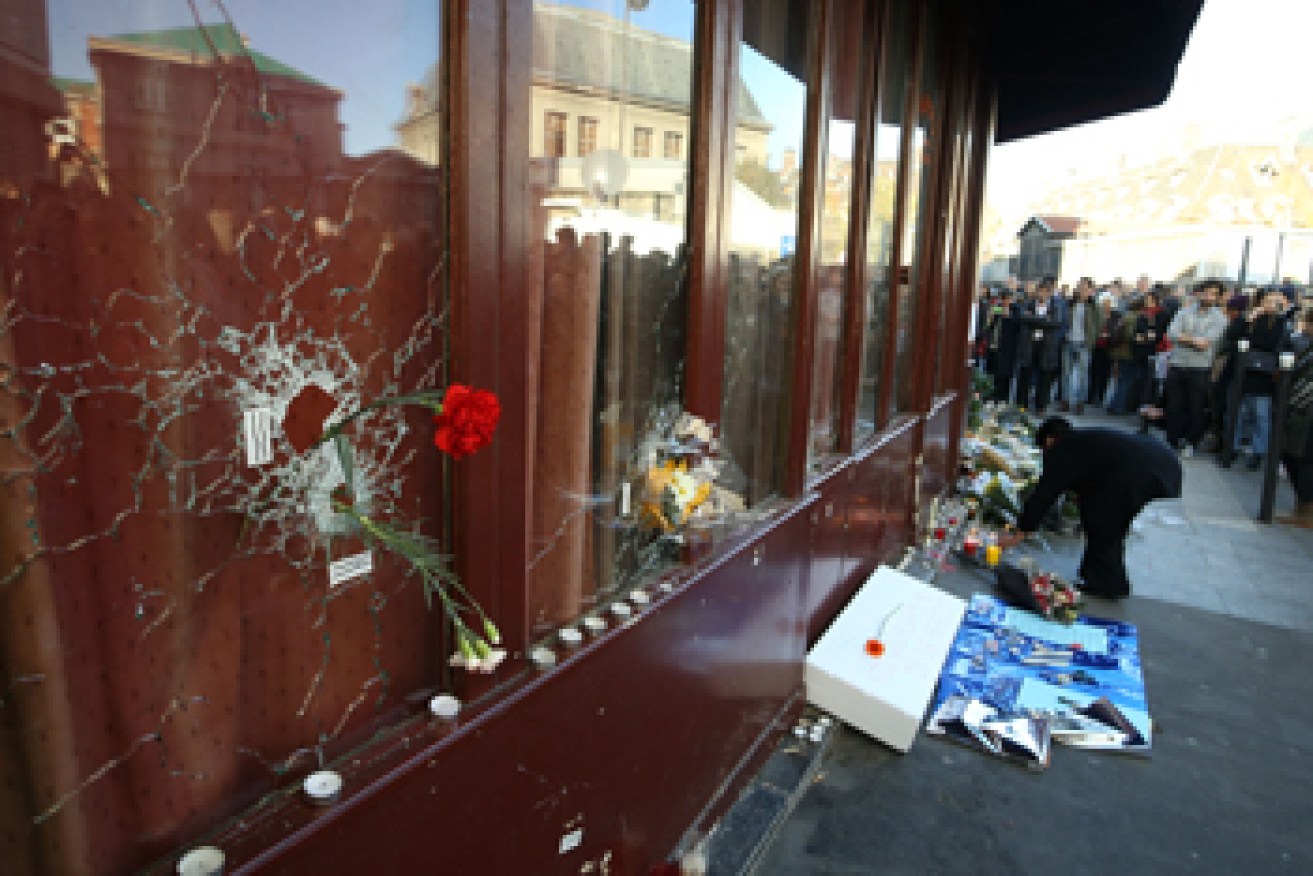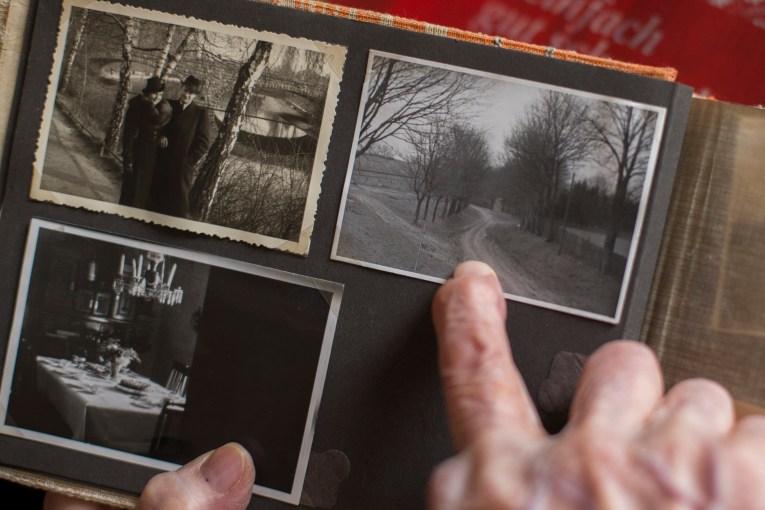An eyewitness account of a night of terror


Parisians have left floral tributes to the bar's victims. Photo: Getty
Two weeks ago on a Friday night, my friends and I pause outside Le Carillon bar on the narrow street between Rue Alibert and Rue Bichat. We sip cheap beers from plastic cups, drinking on the street as everyone does, contemplating which kebab store is most likely to still be open.
Around us, a cheerful and increasingly boisterous crowd spills over the swarming terrace in the 10th arrondissement. The cool young things saunter between bars and the banks of the canal Saint Martin with packs of beer or wine, drinking straight from the bottle.
• Paris attack: victims slowly being identified
• International manhunt launched
• Survivors recount the terror of Bataclan
Inside Le Carillon it is humid and dingy, the bar’s shadowy interior packed with youthful bodies. The beer and cocktail-stained carpet bears testament to good times, flirtations, celebrations and after work drinks. The musings of hundreds of inebriated poets graffiti its toilet walls.
Today, its windows are fractured by bullet holes. The derelict maroon exterior, announcing happy hour deals and free Wi-Fi, is covered in police tape. Sand pockmarks the road, covering blood.

Le Carillon is now riddled with bullet holes. Photo: Getty
My Australian friend and I sit at home, drinking cup after cup of tea, numbly watching the news. The street of her apartment, around the corner from my own, was attacked. She absently observes that the sound of a Kalashnikov being fired isn’t like it sounds in the movies.
Every one of our friends was within the vicinity of the attacks on Friday night. Some were inside the Bataclan concert building. They all escaped physically unharmed.
On Saturday, the normally bustling streets of Paris are mostly deserted. A cold, grey silence overcomes the shaken city.
The mood in Paris is a great deal darker than the defiant energy that emerged in the wake of January’s Charlie Hebdo attacks. Then, the gunmen were still at large – a fact the incessant, wailing sirens of Parisienne police cars did not let us forget. An anxious soundtrack, for an anxious city.
Yet on the 7th January, as the work day ended and night crept over the city under the shroud of terror, people took to the streets. We drank in bars and filled the terraces, for surely in our defiance we were inviolable. They, the assailants, were but a few evil men. We were many and we were together. In this solidarity, we were safe.

Parisians have left floral tributes to the bar’s victims. Photo: Getty
A more insidious silence has overcome Paris this time. The randomness of these targets deeply perturbs the city. Friday nights in Paris speak to what is the quintessence of French life. Crowds fill the terraces of bars and restaurants, to drink and smoke and be free. It’s a sense of joviality that is almost tangible. A spirit that is warm and alive and deeply addictive. Paris is a city of pleasure and beauty, but also of contrast. Life is more vibrant here. More putrid and exhausted and real.
It’s this reality, this heart of young French life that has been attacked. The senselessness of these events and the fickle selection of its targets introduces a new type of fear. A fear that is murky and nebulous. We start to feel that we live in a world where the threat can no longer be defined. If we can’t define our fear, it becomes a fear of everything. We cannot take precautions against that which makes no sense.
It’s too soon to know how these sordid events will change the French psyche. As a sober Paris wakes on Monday morning, the sun shines again on her cool grey buildings. Already, a sense of shaky optimism returns as people slowly reclaim their streets. Outside a young couple pushes a stroller and a group of teenage boys pass them, kicking a football amongst themselves and laughing.
For now we mourn, but life will go on. As the fear and shock slowly numbs, the French will unite against such hatred once again with steely determination. We will reclaim Friday nights, as the celebration of freedom and friendship they should represent.
Honouring the victims and refusing to let die that pleasure-seeking spirit of freedom that so defines French life.









